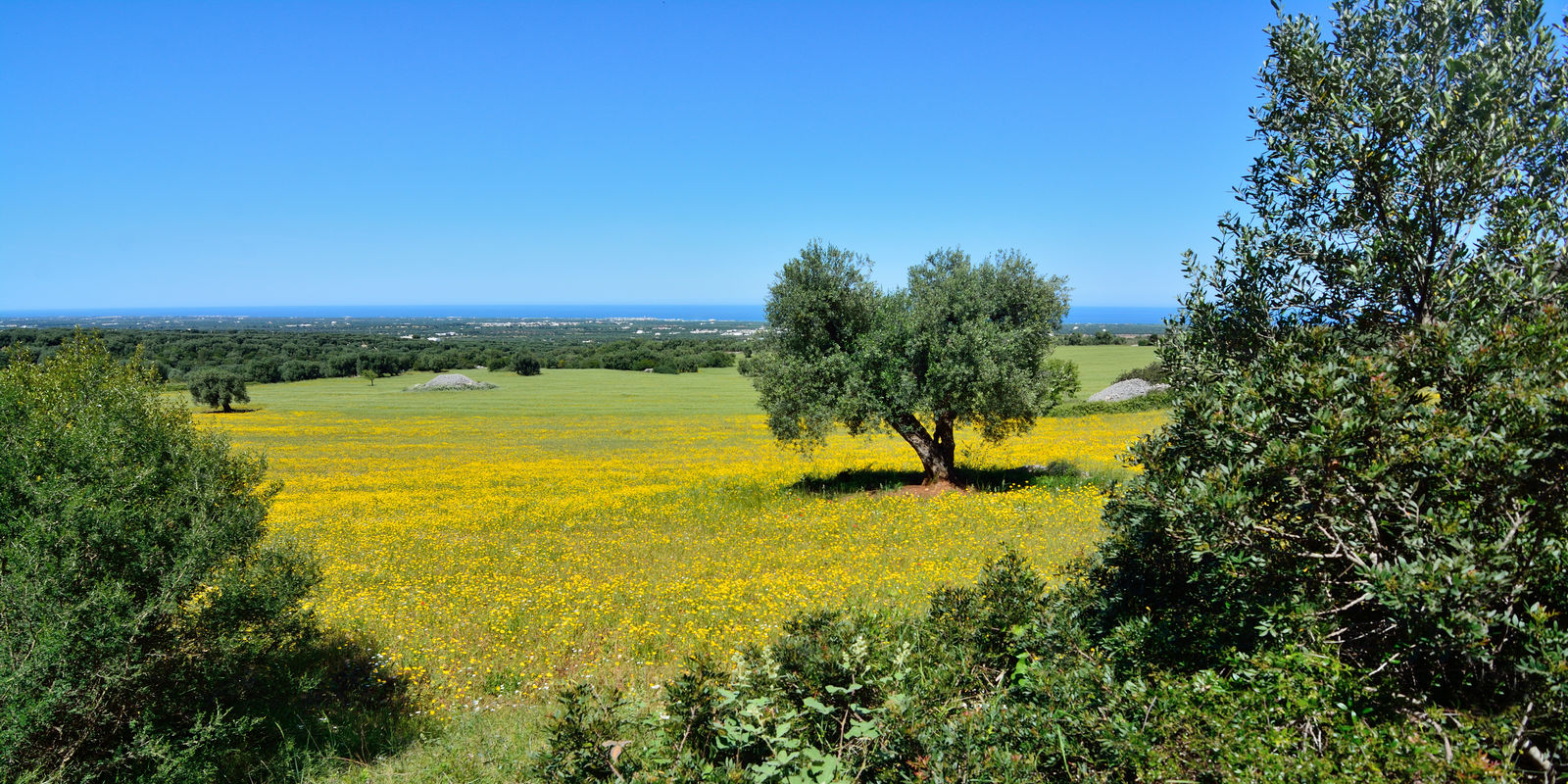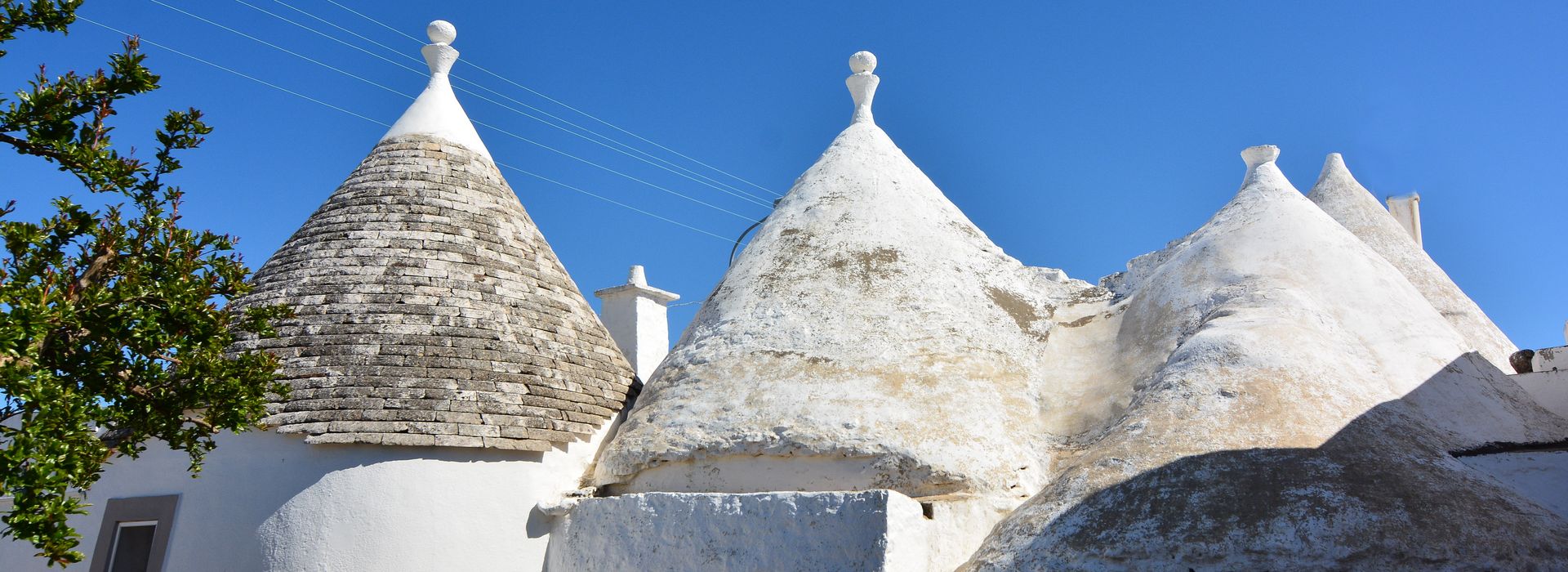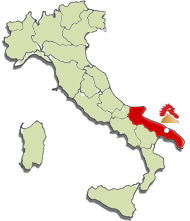The choice of staying in a Farmhouse in Apulia today is one of the most popular forms of vacation in the European tourism sector.
The farms of Apulia have been able to maintain activities, traditions and knowledge in continuity with the millennia rural history of this part of Southern Italy, and now represent a true excellence of the Italian hospitality system.
Itria Valley in particular, the area where you find Masseria Spetterrata, is a magical place thanks to the richness and variety of the landscape: the Murgia and the rocky landscape, the olive trees, the trulli and farms, all overlooking the sea.
Here, immersed in an extraordinary natural setting, guests will certainly capture the very essence of the centuries-old relationship between man and this territory.

The term
Agriturismo has been legally recognized for the first time in Italy with the national framework law n. 730 of 5 December 1985 Discipline of the farm repealed with the enactment of the new state law n. 96 of 20 February 2006 The new law, which consists of 16 items, do not deviate from the general principles laid down by the previous law but seeks to strengthen and define them better.
The Farmhouse Holidays purposes are outlined. The exact definition of Farmhouse Holidays is given: activities such as reception and hospitality exercised by farmers (in art. 2135 of the Civil Code) or individual members and their families, through the use of his own company, in relation to connection and complementarity with the activities of cultivation of the soil, forestry, livestock that must still remain prevalent.
This law states that belong to the regions dictate the criteria and limits for the conduct of farm house.
It has sought to initiate a policy aimed at supporting the permanence of farmers in rural areas, promoting the use of local products, cultural and architectural traditions of the rural world.
Who can play the agritourism activities, must necessarily be a farmer with a farm registered on the list of the rural tourism operators (EROA)
In addition to the farmer may be performing the activity farm his family, employees in permanent, temporary and partial contract.
We emphasize that the services offered by a farmhouse can be:
- The construction of housing for guests accomodation
- food and beverages produced by the farm
- The establishment of areas for camping
- The organization of recreational, sporting, cultural and educational activities
and that the minimum requirement is that the fundamental agritourism activities should be carried out in connection with agriculture.
Thanks to the enormous natural wealth of the Italian territory (from the scenarios of the majestic snow-covered peaks of the Alps, passing through many districts of the country and coming to the beautiful coast), to the greatest artistic and cultural heritage of the world (Italy holds more than 70% of artistic and historical heritage worldwide), the cultural
enogastronomic wealth based on their typical rural productions that make Italy the country of the wines, cheeses, preserves, cured meats, pasta bread and baked goods, the ’Italian Farmhouse has made enormous progress both quantitative and qualitative to become today one of the most popular forms of holiday in the panorama of European tourism.



 Home
Home





 Sito Italiano
Sito Italiano